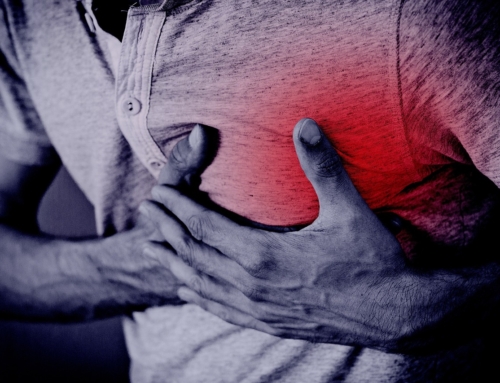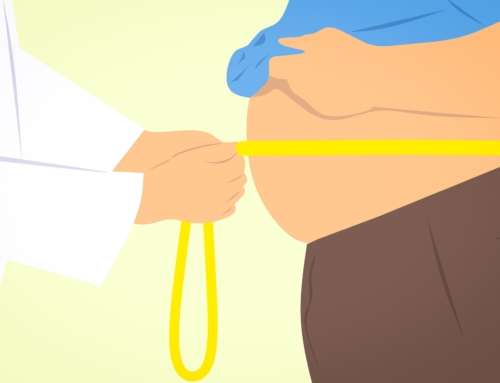Yes, the use of the GLP-1 drugs Ozempic, Mounjaro, Zepbound and their compounded versions of semaglutide and tirzepatide have exploded. While the weight loss can be significant there are some core nutrients most people taking these medications need in order for them to avoid some long-term issues. Most of this derives from loss of appetite and not eating a well-balanced diet so awareness of the requirements can be very important.
This would actually be applicable for anyone doing an extended intermittent fasting diet and eating only once a day, too!
When you don’t have an appetite and are not eating much, the weight loss can be exciting but over the long-term other issues can start to arise. Hair loss, changes in nails, brain fog, muscle loss and decreased energy are just a few long term symptoms that can creep up. Making sure you are on track with your diet is key! Here are 5 things to make sure you are getting enough…. READ ON….
- Protein – Our body needs protein for optimal function. If you look at the recommended daily allowance for protein (0.8g/kg bodyweight) it is often not enough for an older person with significant weight to lose. Often 1.0-1.2g/kg bodyweight needs to be consumed to maintain their muscle mass! An example would be a 250 pound person would need from 114-136 grams of protein per day! Not everyone can eat this much protein though as it can be very hard on the kidneys. If you have kidney disease then the requirements are much less and shouldn’t be above 0.6-0.8 g/kg and perhaps lower depending on the severity of the disease. Talk to your physician about protein requirements!
- Fiber – we always forget about fiber. With the slowing of the gastric emptying and gastroparesis with these drugs this is even more important! The recommendation for fiber is 25-35 grams of fiber per day – this is for everyone, not just people on these drugs. Try to get this with food but if needed add a fiber supplement.
- B12 – lower B12 can be due to diet changes but the delayed gastric emptying has also been to blame. Animal protein is the best source of B12 but if you are a vegetarian or vegan you can substitute nutritional yeast. I recommend checking the B12 level after being on these medications to make sure yours is adequate. Remember we are aiming for above 500!
- Calcium – You probably know that restricted diets usually have lower calcium and the concern for changes in bone mineral density raises its’ ugly head. What you may not know is the weight loss itself is associated with decrease bone density! I really like calcium to come from foods if possible so load up on dark leafy greens, tofu and sardines, for example. If you need to take a calcium supplement then choose calcium citrate or MCHC/hydroxyapatite and make sure you split the dose into morning and night.
- Vitamin D – I LOVE vitamin D and think everyone should have their level checked with a goal of keeping it above 60 (the 25- OH D level) and in some cases higher. We mainly get vitamin D from the sun with very few foods actually having any significant amount. Fatty fish like salmon, eggs and mushrooms all continue vitamin D. Fortified foods like milk have a touch but honestly not much. Vitamin D supplements step in and really do help. Make sure if you are taking 5000IU or more that it is paired with K2 for optimal absorption.
Kudos to you on your weight loss but let’s do it safely!
To your health,
Laura









